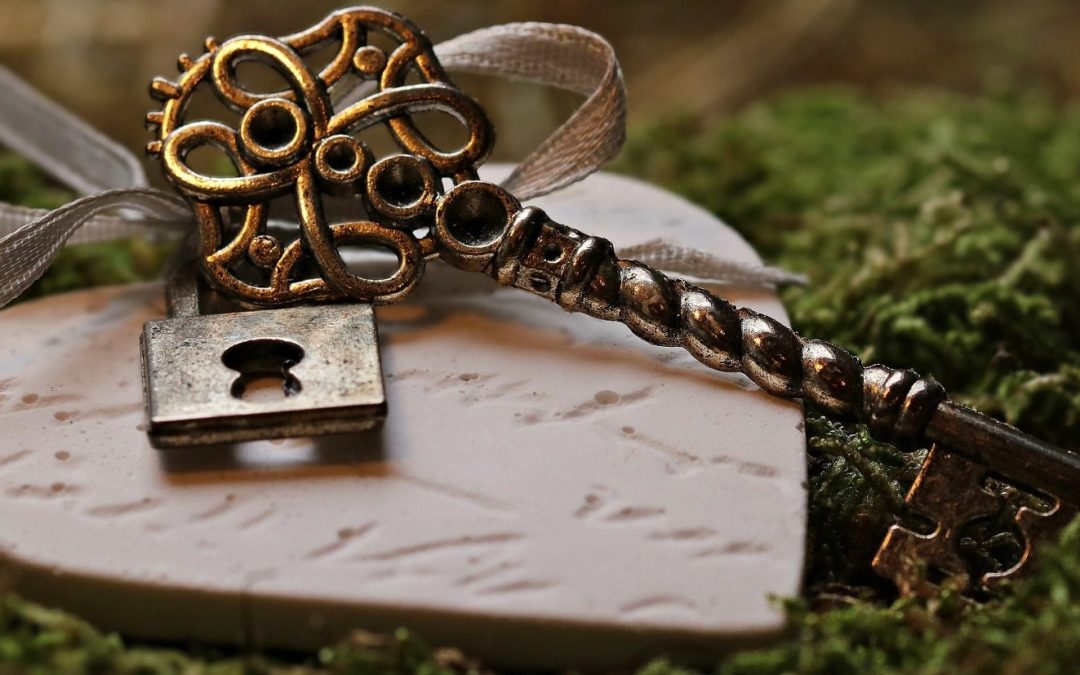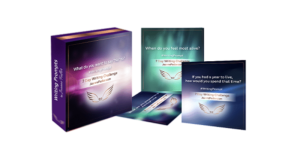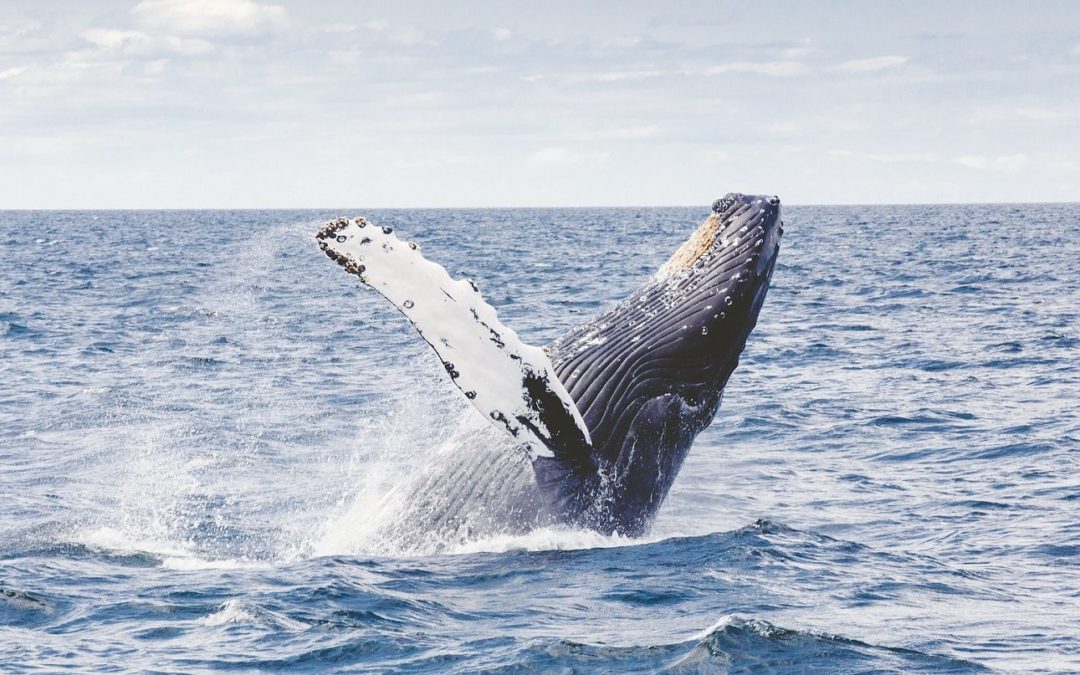
How the Scariest Moment of My Life Reminded Me I Am Safe
How the Scariest Moment of My Life Reminded Me I Am Safe
It was 2am on the second night of my recent visit to South Africa and I was wide awake with jetlag. I trundled down the stairs of my parents’ home, made myself a cup of coffee, called my husband in Australia, checked my emails and called my friend Katrina to discuss logistics for our upcoming writing retreat in Fiji.
I was lying on the couch in the living room, chatting to her, when I thought I heard noises outside. I casually went to the window to look outside, when a black gloved hand emerged from outside and moved the curtains aside.
The thunder of adrenalin. Deafening terror. Falling over a footstool. Racing upstairs, yelling, ‘Someone’s trying to get into the house!’
I ran to the room where my daughter was sleeping and barricaded my body against the door. My mother raised the alarm. The security company arrived. The intruder had fled.
Then, the aftermath. My parents upgraded their security. Now, the drama. The body memory. The tortuous loop of ‘what if’s?’
What if I hadn’t been there to alert my parents?
What if I hadn’t been awake with jetlag?
What if I hadn’t been downstairs talking to Katrina?
The 7 Day Writing Challenge
WINGS: Words Inspire, Nourish and Grow the Spirit
And now, the retelling.
It’s hard to escape that this is a story about The Scariest Moment of My Life. The cold horror of that black-gloved hand has still not left me.
But each time I tell the story, I realise I have a choice.
I can make this a story about the crime in South Africa. Or the need for better vigilance and security. Or luck (how fortunate it was that I was awake). Or coincidence (my parents have never before had an intruder try to break in and I visit once a year). Or how our fear (mine of violence) forces us to face it head-on.
Facts themselves have no inherent meaning. We make whatever meaning we want out of the stories of our lives. In that way, our consciousness determines our experience, not the other way around. As my friend Sherill says, ‘The pain is in the frame.’ Or to draw from the beautiful E.E. Cummings poem, we can insist our narratives belong in places of love and worlds of yes.
So I choose to frame this as a story about being in the right place at the right time. It’s not about being haunted and hunted, but about grace and guidance. That hand which emerged from the darkness has oddly bestowed on me the deep peace that comes with the knowledge that absolutely nothing in this life is random. It’s a blessed reminder that when I’m awake in my life, I am safe.
I hope you’re inspired to loop your dark moments into arrows of light, and to recall that love is a place from which you are never banished.

Joanne Fedler
Author, writing mentor, retreat leader. I’m an internationally bestselling author of nine books, inspirational speaker and writing mentor. I’ve had books published in just about every genre- fiction, non-fiction, self-help, memoir – by some of the top publishing houses in the world. My books have sold over 650 000 copies and have been translated in a range of languages. Two of my books have been #1 Amazon bestsellers, and at one point the German edition of Secret Mothers’ Business outsold Harry Potter- crazy, right?





